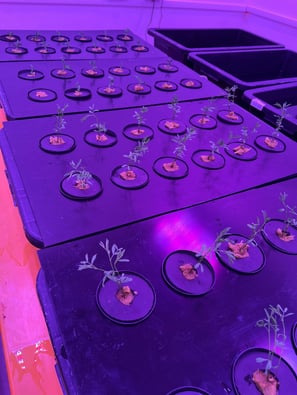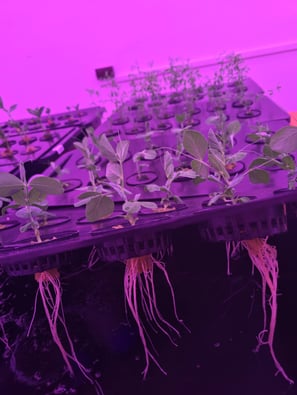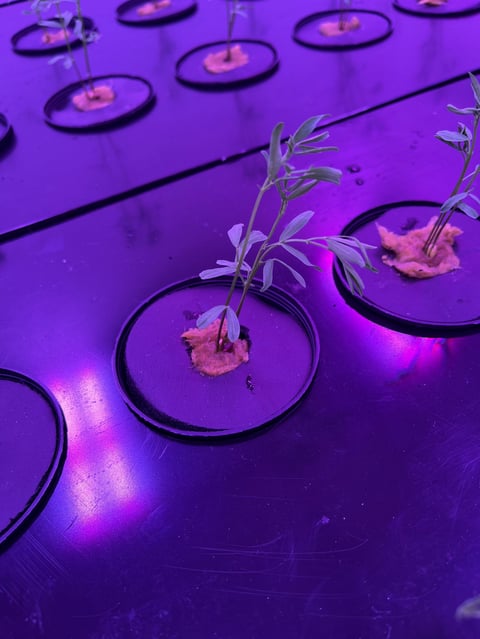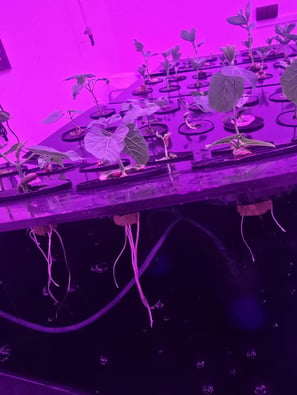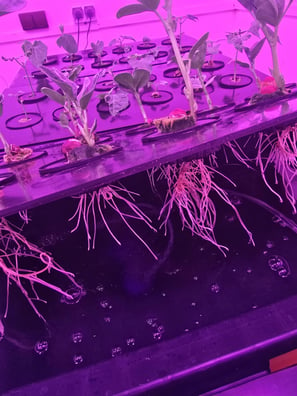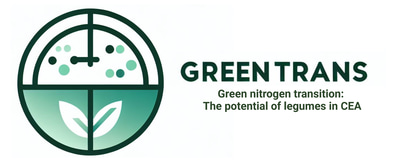Hydroponic legumes
Hydroponic cultivation of legume plants presents a unique array of opportunities and challenges that intrigue agricultural scientists. One of the primary advantages is the ability to control the growing environment, allowing for optimal nutrient uptake and growth rates. This method can lead to increased yields and faster production cycles compared to traditional soil farming. Moreover, hydroponics minimizes the use of water and pesticides, making it a more sustainable option.
